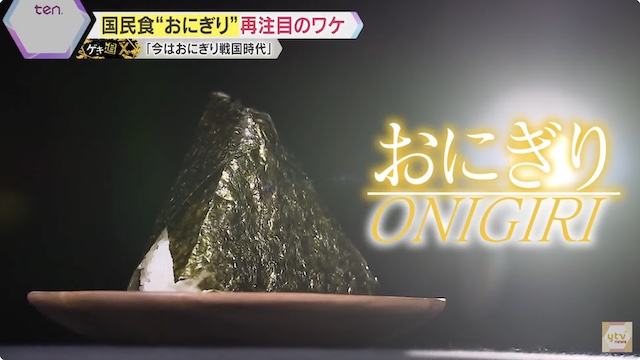TOKYO, May 26 (News On Japan) - Onigiri specialty stores are experiencing a surprising surge in popularity in Japan, attracting new businesses and entries from different industries across the country.

The onigiri trend is not limited to Japan; it has also gained popularity overseas, with cities like Paris, traditionally known for pasta and baguettes, embracing onigiri. We investigate why onigiri continues to evolve and gain attention both domestically and internationally.
Despite the general decline in rice consumption in Japan due to changing dietary habits, onigiri, or rice balls, are making a significant comeback through specialized shops. These shops offer an array of gourmet onigiri, using high-quality and often extravagant ingredients that appeal to modern consumers looking for convenience and novelty. The surge in new onigiri businesses, including entries from various other industries, highlights the growing trend.
One reason for the renewed interest in onigiri is their adaptability. Onigiri can be infused with a variety of flavors and ingredients, making them suitable for diverse palates. Additionally, their convenience as a quick meal or snack aligns well with the busy lifestyles of many people today.
Notably, the onigiri craze has crossed borders, gaining popularity in places like Paris where traditional staples include pasta and baguettes. This international appeal is partly due to the global rise of Japanese cuisine and culture. Onigiri's portability, simplicity, and potential for creative fillings have made it a hit among international food enthusiasts.
The combination of traditional comfort and modern innovation has allowed onigiri to maintain its status as a beloved food item, both in Japan and abroad. As these specialty shops continue to grow, they are likely to further contribute to the global appreciation of Japanese culinary traditions.
Source: YOMIURI















